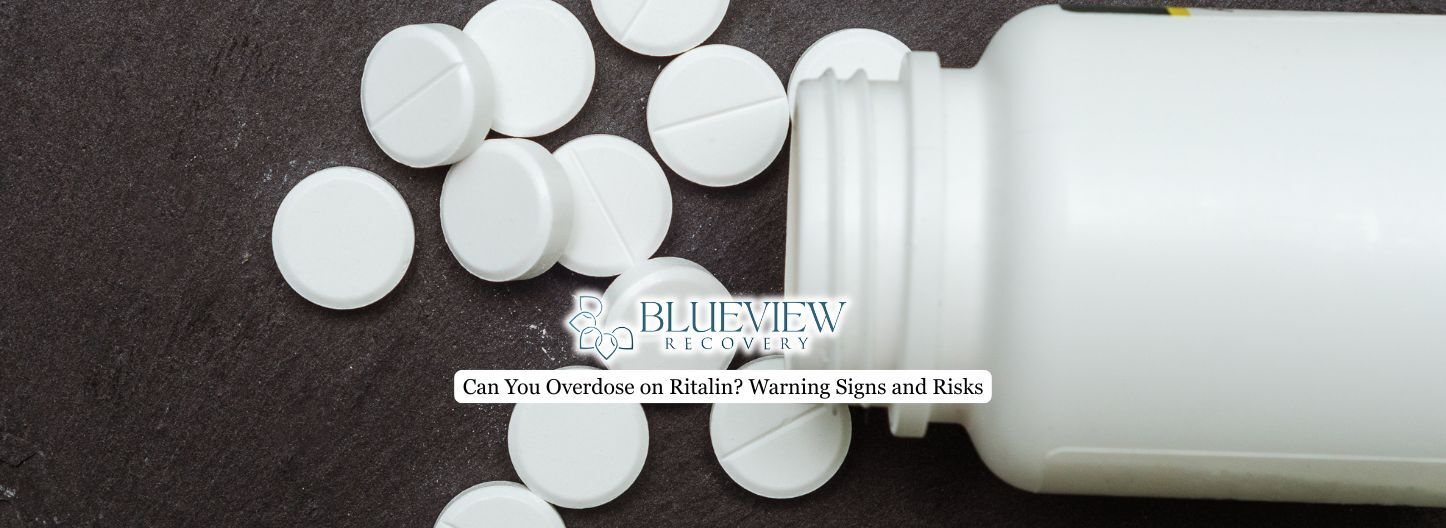Recovery from addiction is not simply about removing substances from one’s life. It is about rebuilding skills, confidence, and relationships that support lasting change. Among the most critical skills to develop during this journey is the ability to speak up with clarity and respect.
This article examines the importance of assertiveness in recovery and provides insight into how individuals can cultivate it as a lifelong strength.

Understanding Assertiveness
Being assertive means communicating feelings, needs, and thoughts clearly while respecting the rights of others. It lies between two extremes: passivity, where individuals neglect their own needs, and aggression, where the needs of others are disregarded. For someone in recovery, striking this balance is vital. Addiction often leaves behind patterns of avoidance or defensiveness that disrupt communication.
Practicing direct yet respectful communication helps individuals rebuild relationships with honesty and trust. Learning how to communicate needs, set limits, and handle challenges with confidence can prevent relapse, strengthen self-esteem, and promote healthier connections.
Outpatient rehab programs often emphasize this skill, helping people apply it in daily situations while gradually rebuilding independence outside of a structured treatment environment.
The Role of Assertiveness in Preventing Relapse
Recovery requires constant reinforcement of healthy choices, but external pressures can make this difficult. Friends or acquaintances who still use substances may invite someone to join them, or social settings may trigger cravings. Having the ability to say “no” firmly and without guilt gives individuals the strength to protect their sobriety and avoid circumstances that could jeopardize progress.
Beyond declining harmful offers, self-assured communication also reduces stress, which is a common relapse trigger. Feeling unable to speak up can create resentment and emotional tension, while expressing needs clearly helps resolve conflict before it escalates.
Assertiveness and Healthy Boundaries
Addiction often blurs limits in relationships, leading to enabling, codependency, or manipulation. Self-assurance enables individuals to define the behaviors they will tolerate and those they will not.
This might mean refusing to engage with friends who encourage old habits, limiting time spent in toxic environments, or communicating the need for space during emotionally overwhelming moments. Boundaries established through self-advocacy create structure and protect mental health, making it easier to sustain long-term recovery.
Building Self-Confidence Through Assertiveness
Addiction often diminishes self-worth, leaving individuals uncertain about their abilities and reluctant to speak up for themselves. Assertive communication can help reverse this pattern by affirming that personal feelings and choices have value. Each time someone expresses themselves clearly and firmly, they strengthen their sense of validation and self-respect.
This growth enhances their ability to face recovery challenges and navigate everyday life with assurance. At work, it can lead to stronger professional relationships, while at home, it can reinforce healthier family dynamics. This growing confidence serves as motivation to stay committed to sobriety, as individuals learn they can manage obstacles without returning to substance use.

Practical Ways to Develop Assertiveness
Choosing the right rehab plays an important role here, as effective treatment programs ensure clients receive support in developing these skills. Those often include communication training and therapy sessions that focus on building this ability. Simple strategies include using “I” statements, which express feelings without blaming others. For example, saying “I feel stressed when conversations turn to substance use” is clearer and less confrontational than silence or anger.
Role-playing exercises in therapy can prepare individuals for challenging real-life situations, while group therapy provides opportunities to practice communication in a supportive setting. Body language also matters. Eye contact, steady posture, and calm tone all reinforce confidence. With consistent effort, these techniques make respectful self-expression a natural part of daily life.
Final Thoughts from Blueview Recovery
Assertiveness is a crucial and powerful tool in recovery, as it reduces relapse risk, strengthens boundaries, and builds confidence — all of which are essential for achieving and maintaining lasting sobriety. Learning to express needs directly and respectfully gives individuals greater control over their choices and improves the quality of their relationships.
At Blueview Recovery, we believe healing goes beyond abstinence. It requires practical skills that allow individuals to thrive in everyday life. Our outpatient treatment programs in Philadelphia, PA, emphasize personal growth, including communication and self-advocacy, so clients leave with the tools they need for sustainable success. Through structured therapy and supportive care, we help individuals strengthen these abilities and build a solid foundation for long-term healing.





